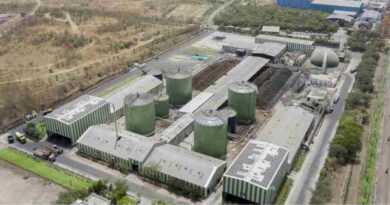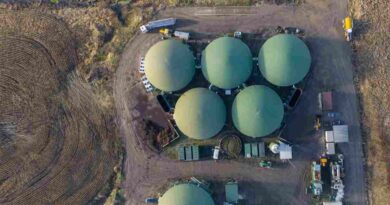Global Round Up July 8

1. Bolivia Invites India To Develop Lithium Reserves Essential For EV Manufacturing,
Soon after India confirmed the operation of a joint venture named Khanij Bidesh India Ltd, or KABIL, to source and acquire minerals from overseas for EV manufacturing, Bolivia, which mines the largest reserves of lithium in the world, has made an offer to help India source lithium for EV batteries.
Bolivia’s Ambassador to India, Sergio Dario Arispe Barrientos, said his country is willing to sign a preferential trade agreement (PTA) with India for select goods. He said China is already acquiring lithium from Bolivia.
“We have the largest lithium reserves. We would like India to explore this opportunity…we have already sent a letter that we want to start the negotiations on the PTA,” Barrientos said.
2. Renault Ready To Launch its Paris Car-Sharing Scheme In September,
On July 4th, French car major Renault announced plans to launch a ride-hailing and car-sharing scheme in September covering Paris and its surrounding areas. It has partnered with Peugeot-maker PSA to offer a car-sharing scheme in Paris.
Renault already offers a car-sharing service in France called ‘Renault Mobility’ and operates 500 Zoe electric cars in “free floating” in Madrid. PSA earlier announced it would launch a “free-floating” car-sharing scheme in Paris in the last quarter of 2018. Paris mayor Anne Hidalgo said in a news conference that other companies have also expressed an interest in plans to get involved in a car-sharing project for the city.
The auto major has also announced that it will accelerate the deployment of its ‘Drive The Future’ strategic plan by investing more than $1.1 Bn (€1 Bn) in the development and production of electric vehicles in France. It has formed an alliance with Nissan and Mitsubishi to strengthen the leadership of its French industrial base in the growing market for electric vehicles.
3. Sweden Set to Achieve its Renewable Targets More than Decade Ahead of Deadline,
Swedish utilities and power generators have already installed so many wind turbines that the Nordic nation is on course to reach its 2030 renewable energy target late this year. Sweden will have 3,681 wind turbines by the end of 2018 and together with probable investment decisions in the second half, the overall capacity will be enough to generate 18 terawatt-hours annually, according to a forecast by the Swedish Wind Energy Association. Which will leapfrog its 2030 plans under the EU 2030 plans almost 11-12 years in advance. With its tremendous record on waste management, the country deserves to give itself a Nobel, for setting such a fine example and showing the way to others, when it comes to saving the earth from further harm!
4. Greece awards 277 MW in inaugural renewables tender,
Greece, on July 2 completed its first-ever renewable energy auction, awarding about 277 MW of capacity. The auction, conducted by the Regulatory Authority for Energy (RAE), had three categories – photovoltaic (PV) power plants of up to 1 MW; PV plants of between 1 MW and 20 MW; and wind power plants of between 3 MW and 50 MW.
In April it was said that the main auction would go up to 300 MW of wind and up to 300 MW of solar power capacity on July 2. Following the receipt of offers and taking into account a 75% oversubscription rule, the available capacity was set at 53.52 MW for the first category, 53.40 MW for the second and 176.39 MW for the third.
5. to supply 86MW of mono modules to largest solar plant in Colombia,
Chinese PV module manufacturer and one the leading solar PV distributors in the world, Jinko Solar will supply 86MW of solar modules for a PV plant located in the Colombian city of Cesar, northern Colombia. The project will be composed of 250,000 monocrystalline standard modules of 345W and 1500V and it will generate on an average 176GWh of clean energy every year.
“We are pleased to work on this remarkable project in Colombia,” commented Alberto Cuter, General Manager Latin America division of JinkoSolar in a public statement.
“Actually the Colombian market is mainly depending by hydropower, which could be an issue during dry season. PV solar will be a good solution to integrate the energy matrix of the country. While we are expecting Colombian PV market to grow rapidly, we will continue working closely with local developers to build sustainable partnerships where they will be able to maximize their return on their investment from the superior performance of JinkoSolar’s products,” he added.
copyright:iamrenew.com




